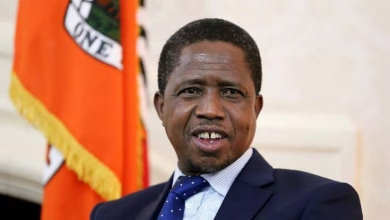An Egyptian court has sentenced former presidential hopeful Ahmed Tantawy to one year in prison with labor on charges of forging election documents. In addition, he has been barred from standing in elections for the next five years, according to his lawyer Khaled Ali.
Tantawy was the most prominent politician to challenge President Abdel Fattah al-Sisi as he sought a third term last year. However, he halted his campaign, citing state-linked groups impeding his ability to gather the required number of public endorsements to register as a candidate.
Tantawy also alleged that dozens of his family members and allies had been arrested, a claim denied by authorities. Instead, he was charged with violations linked to his campaign’s move to distribute their own copies of endorsement forms.
In February, Tantawy was found guilty of the charges in a lower court and given a suspended sentence, which was upheld on Monday. He was detained in court and transferred to a correctional facility, joining over 20 members of his campaign who were also sentenced in the case.
Tantawy’s lawyer, Khaled Ali, stated that his client was also ordered to pay a fine of 20,000 Egyptian pounds ($424) and barred from running in local, parliamentary, or presidential elections for five years.
Rasha Qandeel, Tantawy’s wife and spokesperson for his political movement, condemned the verdict, calling it “a political liquidation and a targeting of the person of Ahmed Tantawy.”
Khaled Ali noted that Tantawy has the right to appeal, but the process could take up to two months to launch.
The verdict comes after President Sisi was declared the winner of the December election with just under 90% of votes cast, securing a third term that runs to 2030.
Rights groups estimate that tens of thousands of people have been jailed for political dissent under Sisi’s rule, a claim denied by Egyptian officials who insist there are no political prisoners.
The case has raised concerns about the state of political freedom and democracy in Egypt, with many seeing Tantawy’s sentencing as a further example of the government’s crackdown on opposition voices.
